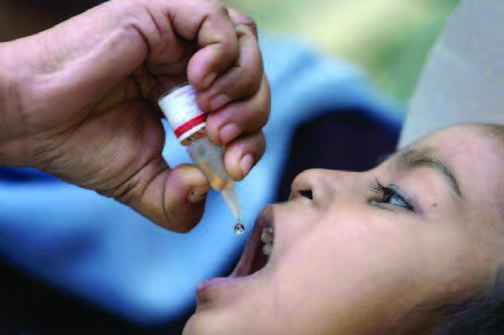
NEW DELHI (TIP): The government is considering setting up specified pharmaceutical zones to boost domestic manufacture of active pharmaceutical ingredients (APIs), in order to reduce the country’s dependence on China for the raw material that is used to produce drugs, commerce minister Nirmala Sitharaman said on Tuesday.
“In India, the bulk drugs industry depends on China largely for most of its APIs. So we have been working on it. Now there is an interest for us to set up specified pharmaceutical zones where API manufacturers will be invited to set up units,” she added.
Sitharaman said she is meeting environment minister Prakash Javadekar and chemicals and fertilizers minister Ananth Kumar on Tuesday to try and resolve issues faced by API manufacturers.
“I had a meeting with bulk drug exporters. Because of environment requirements, a lot of delay is happening in clearances. The drug companies have been raising these issues with me. I am going to meet environment minister Prakash Javadekar to highlight the issues raised by the industry. The three of us will sit together and sort the issue out so that the bulk drugs industry does not suffer,” she added.
Sitharaman also expressed concern at the new regulations introduced by the US government under which it has mandated that APIs need to be produced in the US for making generic drugs eligible for procurement by the US government.
D.G. Shah, secretary general of the Indian Pharmaceutical Alliance (IPA), said India has a heavy dependence on China for APIs, importing 90-100% APIs for more than 10 types of drugs, some of which are crucial drugs such as antibiotics and anti-diabetic medicines. However, Shah said he doubted pharma clusters would succeed in the current investment climate.
“If it is just a paper plan, then there is no point. But, in any case, concerns of the pharma industry have to be addressed before such a project is initiated. It is the industry which will invest, not the government. But the current investment climate is not suitable for the industry,” he said, adding that the frequent revision of prices of essential medicines by the government does not augur well for the industry.
K.M. Gopakumar, a legal researcher with the Third World Network, an observer group which chronicles climate talks, said it is a good move by the government to reduce import dependency. “Single-source dependency for API import is not in favour of any country. Such dependency can create supply shortage due to developments in the source country,” he added.





Be the first to comment